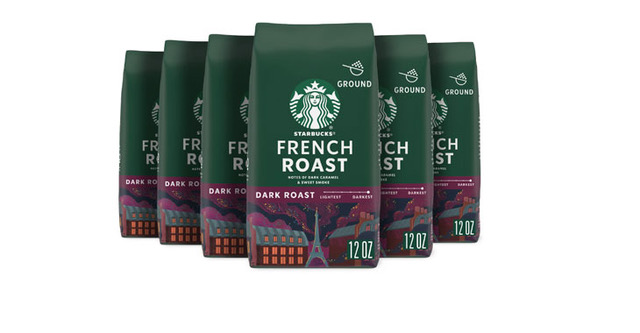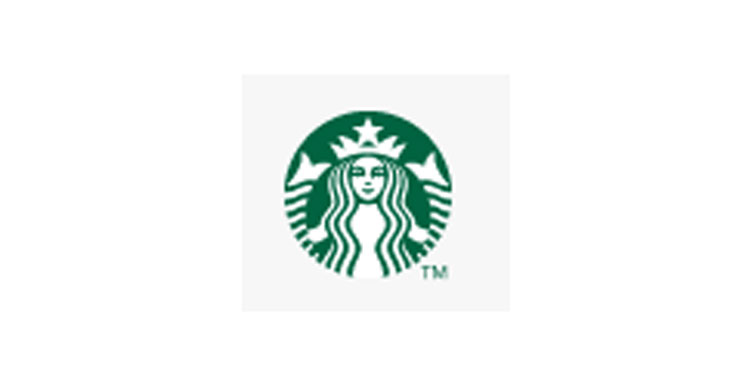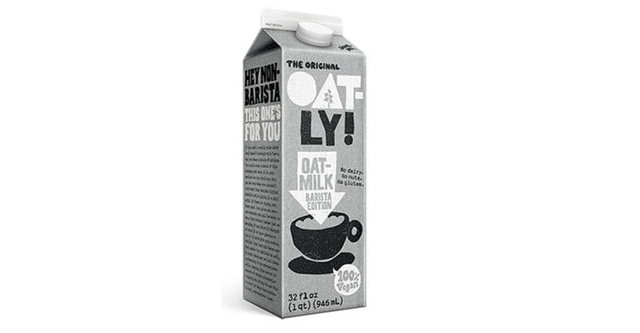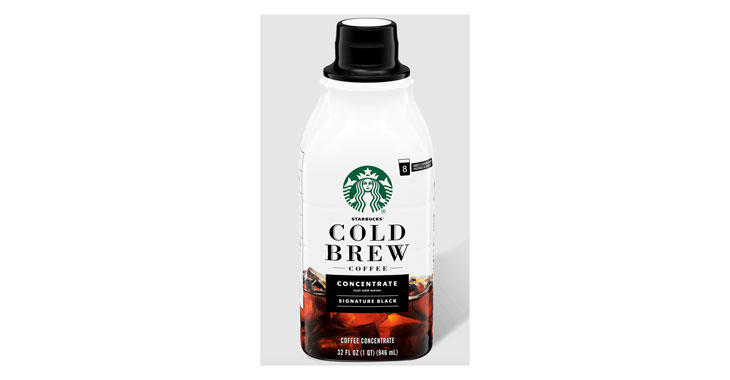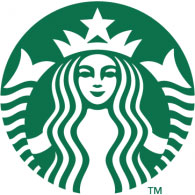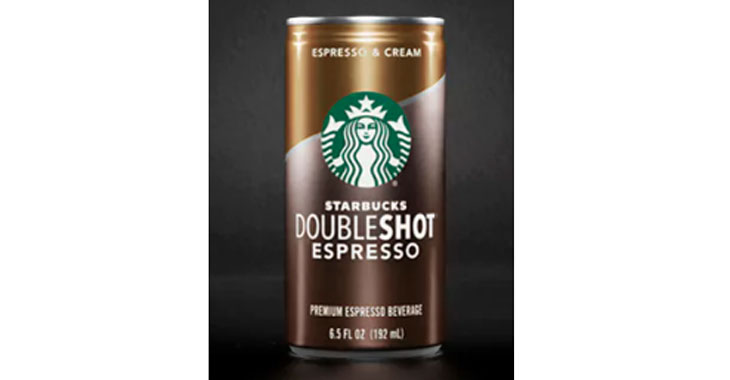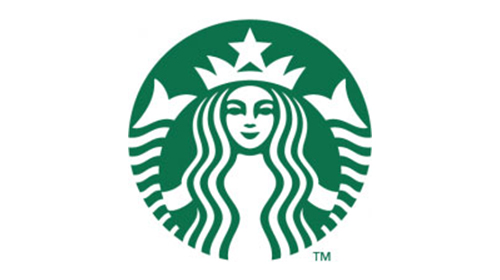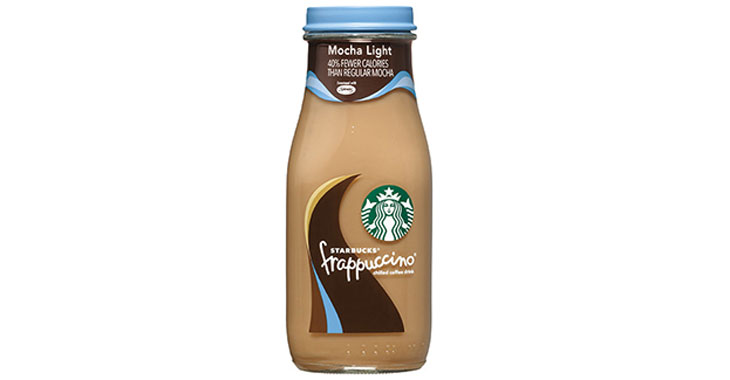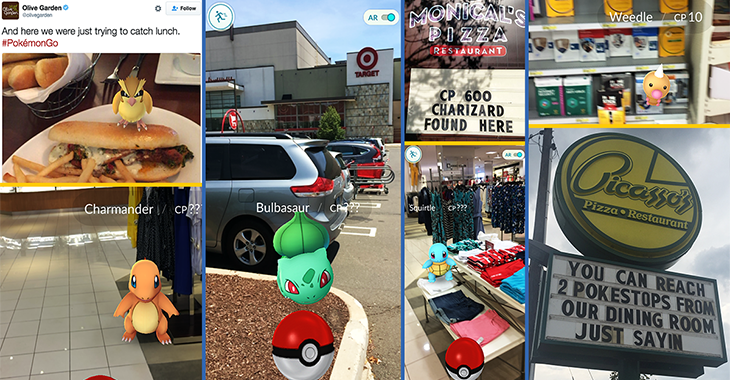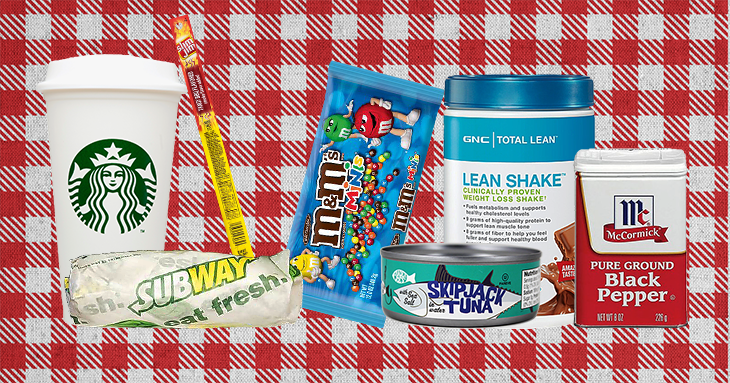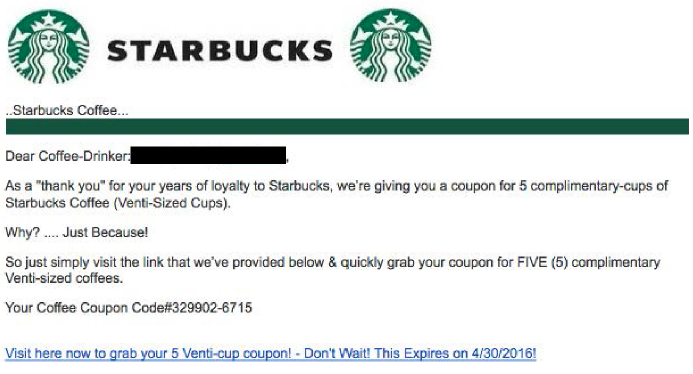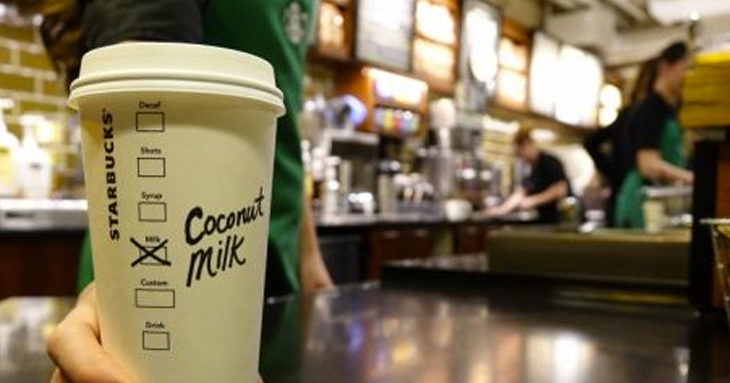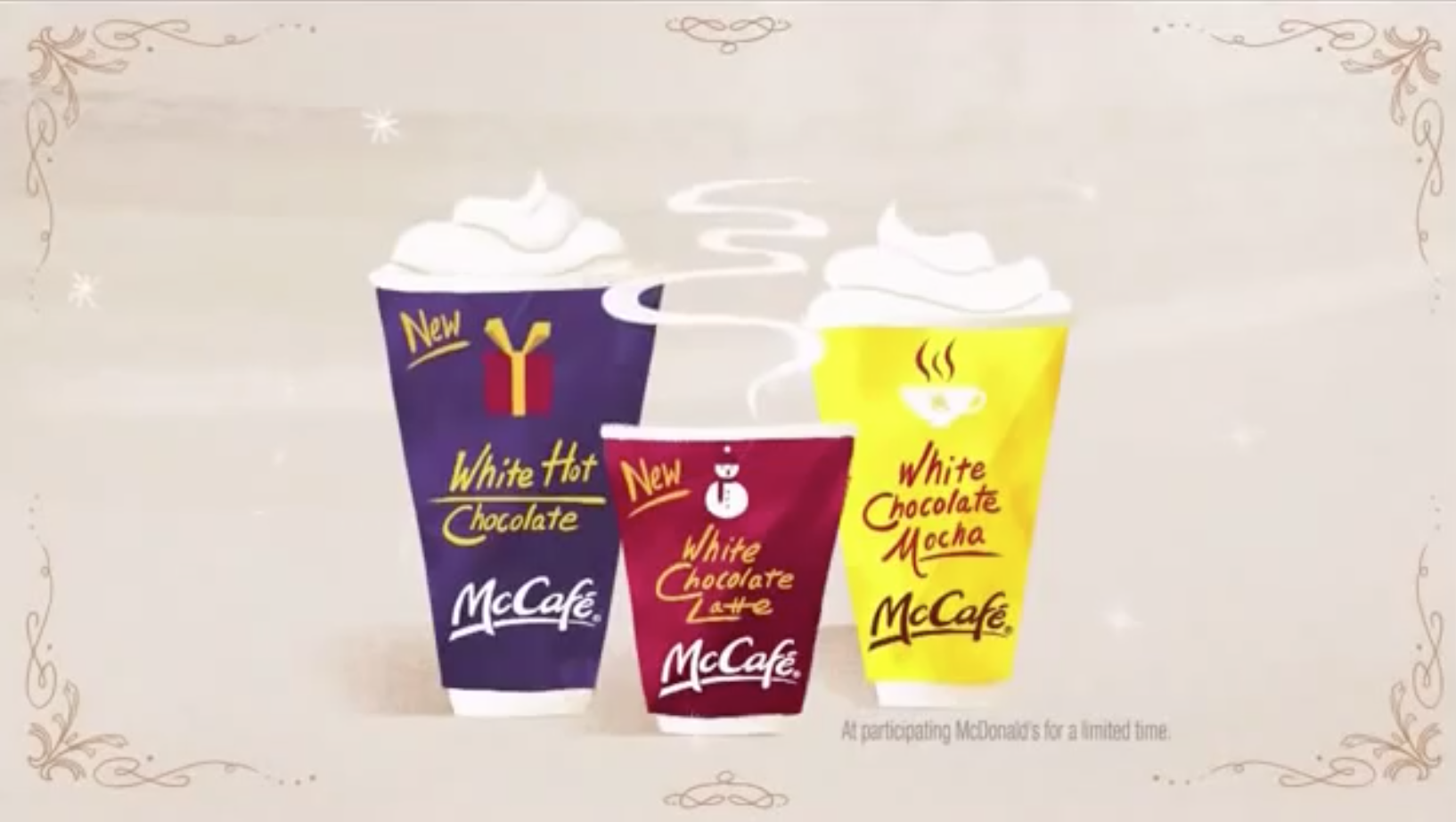
Starbucks Decaffeinated Coffees
Allegations: Falsely marketing that the company respects human rights and uses sustainable practices
May 2016: The Sixth Circuit dismissed the appeal of the District Court’s denial of class certification and affirmed both the decision to dismiss breach of warranty claims and the attorney’s fees award. To read the decision, click here.
March 2015: After a judgment awarding $250 to the plaintiff and $6,767 to the plaintiff’s attorneys was entered, the named plaintiff filed a Notice of Appeal regarding the decision to deny class certification, the dismissal of breach of warranty claims, and the attorney’s fees award.
May 2014: A federal judge denied the plaintiff’s motion to certify the class in a lawsuit (originally filed in 2012) alleging that Kraft Foods and Starbucks misleadingly represented that consumers could use the Tassimo coffee makers (which brew single cups of hot beverages such as coffee and tea) to brew Starbucks brand coffee when these representations were actually not true. The judge refused to certify the class finding that, based on market research, the representations that the coffee maker could brew Starbucks coffee was not important to many consumers and did not affect their decision to purchase the product. In addition, the judge found that issues such as injury and damages required an individual inquiry and could not be determined on a class-wide basis. (Montgomery et al v. Kraft Foods Global, Inc. and Starbucks Corporation, Case No. 12-cv-00149, W. D. MI.).
For more information about other class-action lawsuits against Starbucks and TINA.org’s coverage of the company, click here.
For more information about other class-action lawsuits against Kraft and TINA.org’s coverage of the company, click here.
For more information about other class-action lawsuits regarding the marketing of coffee and TINA.org’s coverage of the issue, click here.
Allegations: Falsely marketing that the company respects human rights and uses sustainable practices
Allegations: Beverages do not contain the fruits advertised in the product name
Allegations: Misleadingly marketing products as “100% Arabica Coffee” when they contain added potassium
Allegations: Misleadingly representing that cocoa has been harvested following ethical and environmentally responsible standards
Allegations: Misleadingly marketing bagels as “Sprouted Grain” when they are made primarily with non-sprouted grains
Allegations: Misleadingly marketing products as healthy, safe, and high quality without disclosing that they may contain harmful bacteria
Allegations: Coffee products contain fewer servings than advertised
Allegations: Falsely advertising that the flavor comes from vanilla when the ingredients list shows that the flavor comes from unspecified “Natural Flavor”
The in-store presence of Pokémon prompts TINA.org inquiry about possible marketing agreements.
How much is really in there?
Survey says: Don’t take this survey.
Consumers sour on milk after learning of additives in Starbucks coconut product.
Does McDonald’s beverage met the FDA definition of white chocolate?

